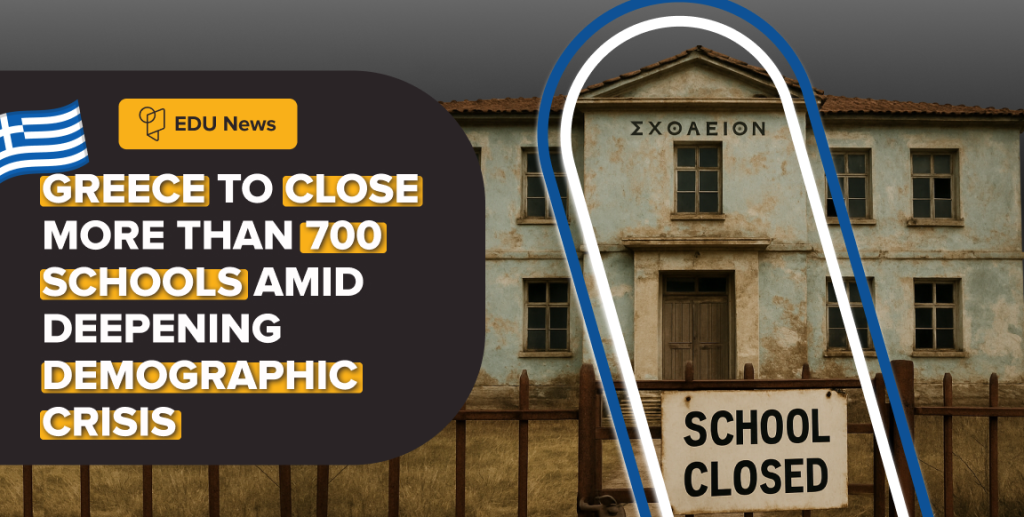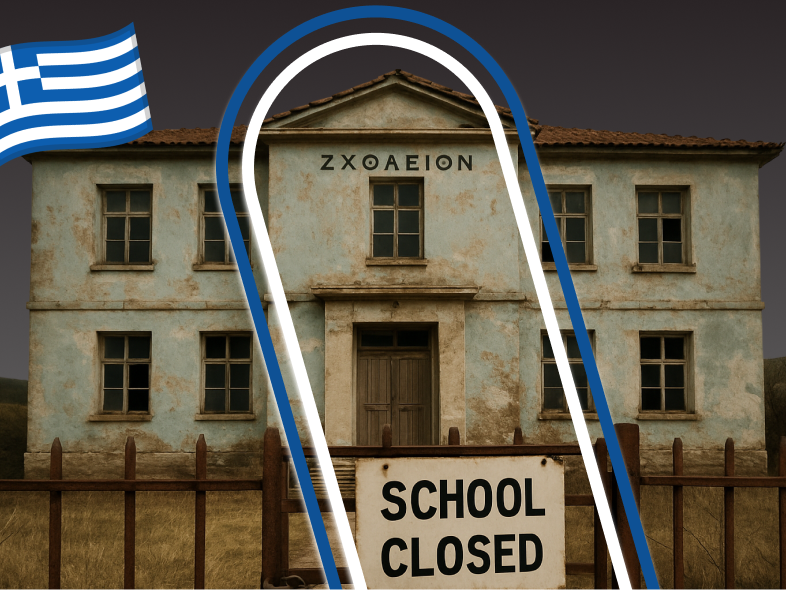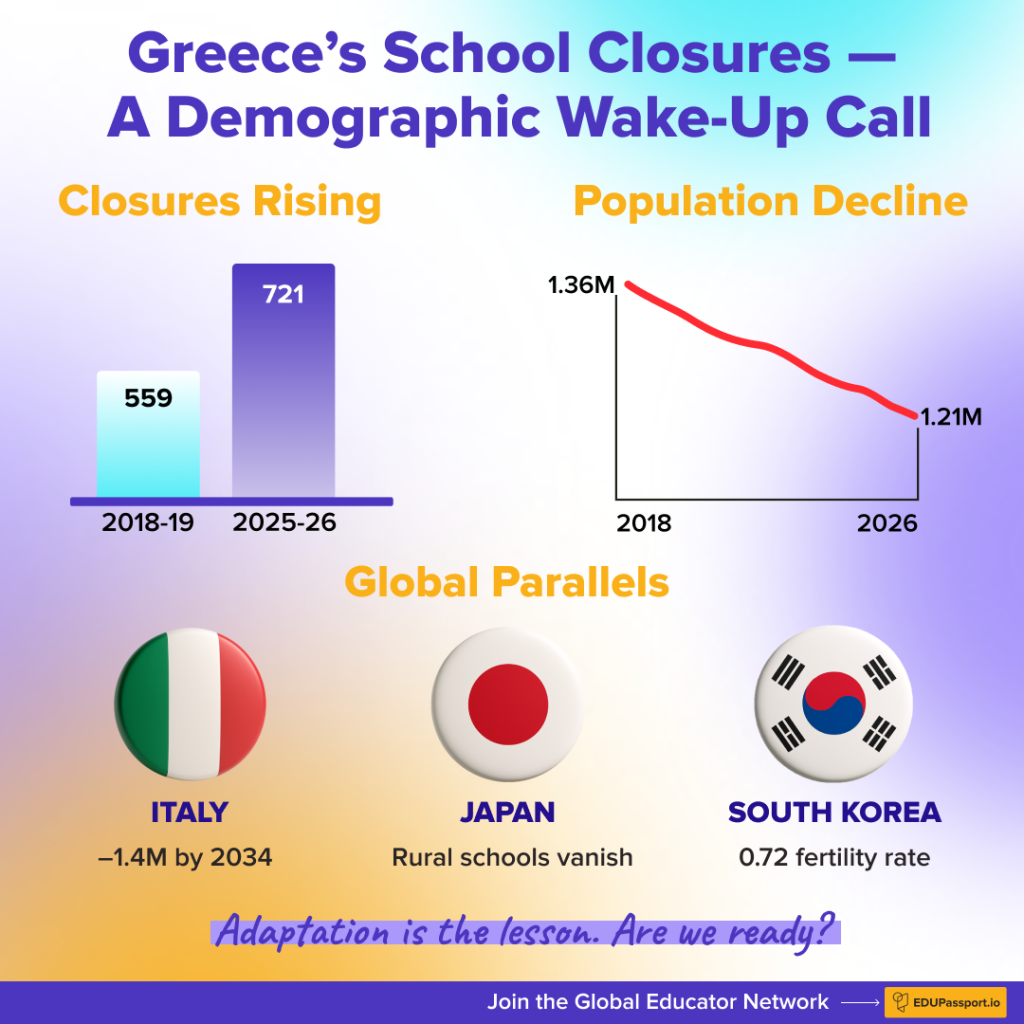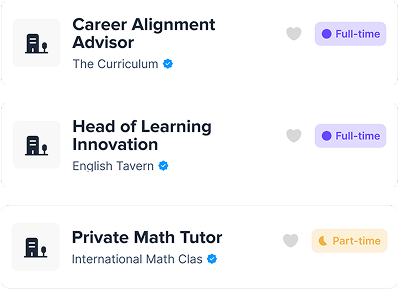Greece is preparing to shut down more than 700 schools as student numbers plummet, a stark signal of how demographics can quietly transform education. According to the Ministry of Education, 721 out of 13,478 schools will suspend operations in the 2025–2026 academic year after failing to meet minimum enrollment requirements — a jump far higher than previous years, as reported by Ekathimerini.
The Scale of the Decline
The closures hit early learning hardest: 324 primary schools and 358 kindergartens are slated to close. Back in 2018–2019, those numbers were 247 and 312.
Enrollment is shrinking fast. Government data shows the school-age population will fall to 1.21 million by 2025–26, down more than 150,000 students since 2018. While many imagine this as a rural issue, Kathimerini noted that even Athens is seeing classrooms empty out.
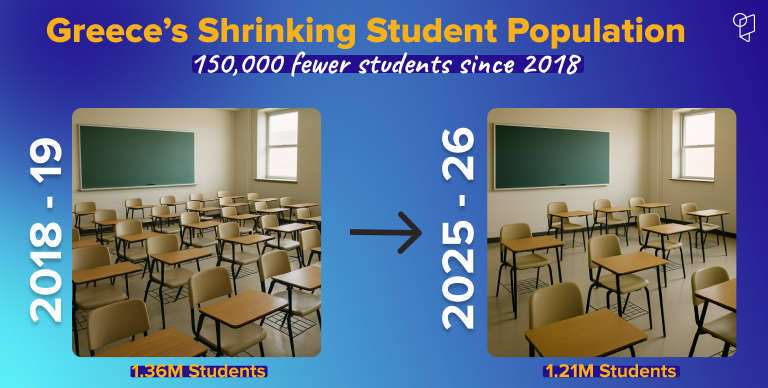
Why It Matters Beyond Greece
This isn’t just a Greek story. Across Europe and Asia, shrinking birth rates are reshaping education.
- In Italy, the education ministry projects a loss of 1.4 million students by 2034, according to Reuters.
- In Japan, The Japan Times documented rural schools shuttering as communities vanish.
- In South Korea, the fertility rate dropped to 0.72 in 2023 — the lowest globally, per BBC News.
The OECD warns that “education systems designed for growth now face contraction.”
EDU Passport’s Perspective
Education systems are built around people. When fewer children arrive, schools must change.
The real question: How can schools adapt when the students stop coming?
Possible responses include:
- Merging schools while still protecting rural access.
- Scaling digital learning to reach smaller, remote populations.
- Re-purposing closed schools as community hubs.
- Designing policies that anticipate demographic realities instead of reacting.
Final Thought
Demographic decline isn’t just about numbers. It’s about communities, opportunity, and the future of learning.
Greece’s closures are a warning bell. As enrollment shrinks globally, policymakers and educators must reimagine the future of education.




